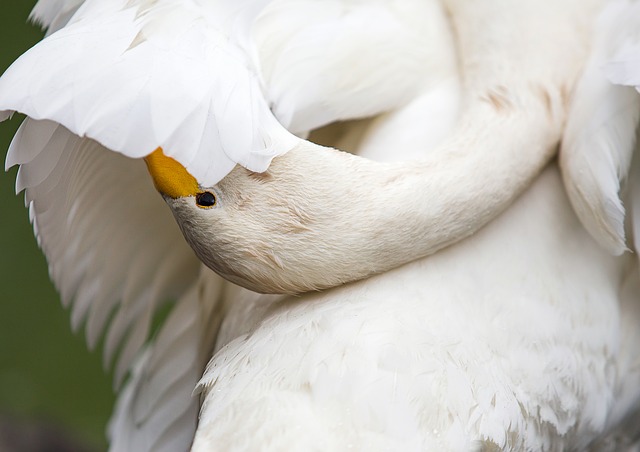Jamie Bristow and Rosie Bell maintain from their research that mindfulness enhances our receptivity thus enabling us to reclaim our attention and sense of agency – our sense of the ability to positively influence our relationships and our external environment. According to their research, mindfulness increases our receptivity in a number of ways – widening the “bandwidth of perception”, overcoming unhelpful habituated responses, reducing our distorted perceptions, improving our relationships, and developing our “don’t know mind”.
Widening the bandwidth of perception
Mindfulness increases our capacity to take in information through its emphasis on acceptance of “what is”, consciously noticing bodily sensations and heightened development of our senses. Acceptance is a precondition for action, not inaction – if we cannot accept what is happening to us (e.g. through internal dialogue such as “Why me?”, “What have I done to deserve this?” or “This can’t be happening to me”), then we cannot move forward and take constructive action to redress our situation.
Mindfulness meditation often focuses on our bodily sensations – we are encouraged to notice what is happening in us bodily when we experience difficult emotions. By noticing our bodily sensations, we are better able to name our emotions and tame them. Our bodies are windows to our feelings – by paying attention to them we widen the bandwidth of our perception and gain better access to our inner landscape.
Mindfulness expert Jon Kabat-Zinn, in his book, Coming to Our Senses, shows us how to access all our senses – e.g., our seeing, touchscape, soundscape, smellscape, tastescape – to enable us to heal ourselves and act positively on our world. Being open to our senses enhances the depth and width of our perception and increases our sense of connection with nature – developing a sense of empowerment and resulting in healing ourselves.
Overcoming unhelpful habituated responses
As we come to understand our inner landscape through mindfulness, we gain insight into our negative triggers and their origins. This leads to awareness of our reactivity and habituated responses. Often, we are triggered by our distorted perceptions that arise because of our bias, projections, prejudice, and unfounded assumptions. As we unearth these distortions in perception through mindfulness meditation, we are better able to understand their influence over us and what we perceive, and to exercise control over our reactions.
Improving our relationships
Through mindfulness, we not only reduce our perceptual distortions but also emotional baggage that can destroy relationships. We are able to bring to the relationship increased self-awareness and self-regulation. For example, by reflecting on any resentment we carry towards another person, we can come to see their side of the story, understand where they are coming from and reduce our self-absorption and hurt – thus healing our relationship. Through mindfulness we can also bring to the relationship an increased consciousness of our inner landscape, a sense of personal empowerment (not disabling dependence) and a growing capacity to feel and express empathy. We are better able to engage in active listening because we can be present in the moment of the conversation, attentive to non-verbal cues and less defensive and self-protective. Mantra meditations, as one form of mindfulness, can increase our capacity for deep listening.
Developing our “don’t know mind”
Jamie and Rosie write about the “beginner’s mind” developed through openness and curiosity – which are hallmarks of mindfulness according to the Mindful Awareness Research Center (MARC). In discussing the lessons from death and dying, Frank Ostaseski encourages us to develop what he calls, the “don’t know mind” which has the same characteristics of openness and curiosity and he suggests that these characteristics can be developed through mindfulness meditation. The result is that we are able to enter conversations with others not trying to be “interesting” but demonstrating being “interested in” the other person – a stance that enhances trust and relationships. Mindfulness enables us to listen for understanding rather than attempting to always persuade others to our point of view – in the process, developing our influence and strengthening our relationships.
Reflection
As we grow in mindfulness, we can strengthen our sense of agency by developing our receptivity – to information and to others. We can gain better awareness of our distorted perceptions and their impacts, develop greater self-control over our reactions to negative triggers, improve our relationships and grow our influence through our curiosity and openness. Our enhanced perceptual bandwidth developed through paying attention to our senses gives us uncluttered access to our inner landscape and the healing power and sense of empowerment of our natural landscape.
_____________________________________
By Ron Passfield – Copyright (Creative Commons license, Attribution–Non Commercial–No Derivatives)
Disclosure: If you purchase a product through this site, I may earn a commission which will help to pay for the site, the associated Meetup group and the resources to support the blog.




